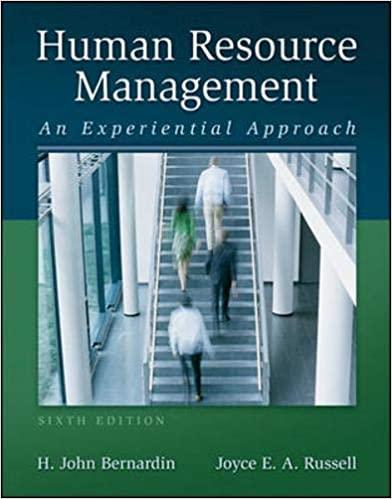Answered step by step
Verified Expert Solution
Question
1 Approved Answer
5. Minimum-wage laws and unemployment Consider the labor market defined by the supply and demand curves plotted on the following graph. Use the calculator

5. Minimum-wage laws and unemployment Consider the labor market defined by the supply and demand curves plotted on the following graph. Use the calculator to help you answer the following questions. You will not be graded on any changes you make to the calculator. WAGE (Dollars per hour) Graph Input Tool Market for Labor 24 21 Supply 12 9 Demand 0 0 150 300 450 600 750 900 1050 1200 LABOR (Thousands of workers) Wage (Dollars per hour) Labor Demanded (Thousands of workers) 3.00 1,050 Labor Supplied (Thousands of workers) 150 ? Complete the following table with the quantity of labor supplied and demanded if the wage is set at $15.00. Then indicate whether this wage will result in a shortage or a surplus. Hint: Be sure to pay attention to the units used on the graph and in the table. For example, type in 100 for 100,000 workers. Labor Demanded Labor Supplied Wage (Thousands of workers) (Thousands of workers) Shortage or Surplus? $15.00 Suppose the federal government contemplates a new law that would create a national minimum wage of $15.00 per hour. Which of the following statements are true? Check all that apply. In the absence of price controls, a surplus puts downward pressure on wages until they fall to the equilibrium. Binding minimum wages cause structural unemployment. In this labor market, a minimum wage of $11.50 would be binding. If the minimum wage is set at $15.00, the market will not reach equilibrium.
Step by Step Solution
There are 3 Steps involved in it
Step: 1

Get Instant Access to Expert-Tailored Solutions
See step-by-step solutions with expert insights and AI powered tools for academic success
Step: 2

Step: 3

Ace Your Homework with AI
Get the answers you need in no time with our AI-driven, step-by-step assistance
Get Started


